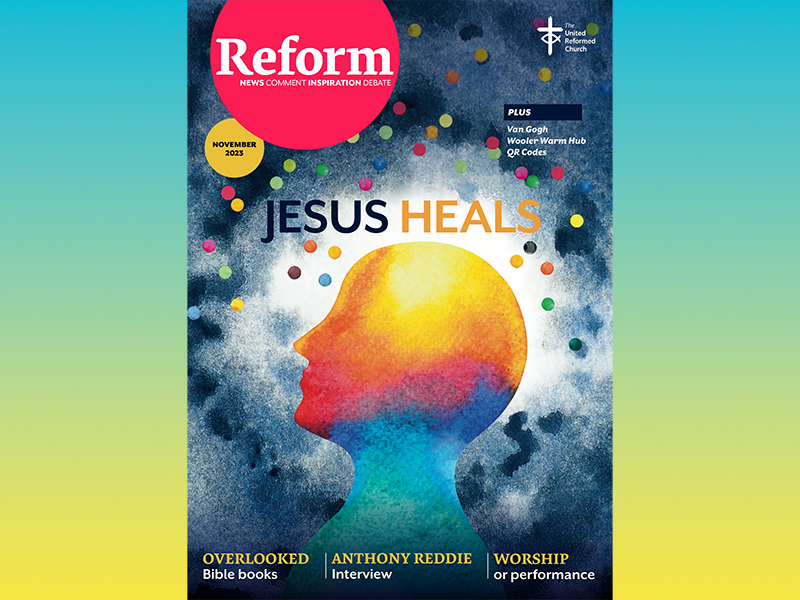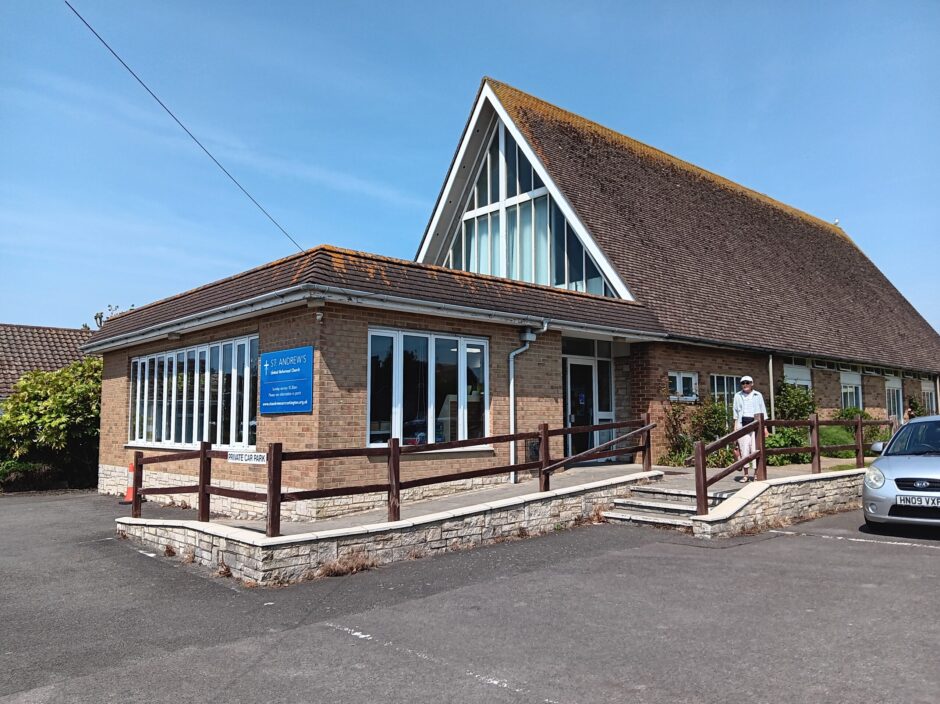Show Me the Humanity
September 8, 2025 4:24 pm
Why the UK needs a Jerry Maguire styled epiphany On the wall of my office, I have around 50 boards depicting my favourite films and tv shows – some are profound, some edgy, some, if I’m honest, are a bit cringy, but all of them are meaningful to me in some way. One of them is Cameron Crowe’s Jerry Maguire. The other day I caught myself wondering how it made the cut, and I had this thought. In the film, the title character has a late-night epiphany. Disillusioned by the shallow, transactional world of sports management, he pours his heart into a “mission statement.” It isn’t about profit margins or flashy deals – it’s about rediscovering purpose, humanity, and the original reasons he fell in love with the work. His colleagues dismiss it as naïve, even dangerous. But the truth is that Jerry Maguire wasn’t breaking down – he was waking up. I can’t help but think the UK needs a similar wakeup call right now. Last week, the government temporarily shut down all safe routes that allow refugees in the UK to be reunited with their families, and signalled its intention to tighten the rules even further when those routes are reopened – a policy that arrives against a backdrop of anti-asylum protests and growing pressure to consider withdrawing from the European Convention on Human Rights. The political winds seem determined to blow us further down the road of suspicion and hostility, as though people seeking asylum are not human beings with histories, losses, and hopes, but chess pieces to be sacrificed in a Westminster game. Much of the press contributes to this narrative. While small segments try to provide balance, the most hostile voices often get the greatest airtime, and so immigration is presented as the existential crisis of our age, rather than as a challenge that can be addressed without abandoning fairness, compassion, justice, and human rights. And yet, if we pull a Jerry Maguire and write our own national mission statement – we might remember that the UK has rarely, if ever, been defined by this mean-spiritedness. Quite the opposite. We were the country that gave sanctuary to the Huguenots fleeing persecution in France. We welcomed Jewish refugees escaping the horrors of Nazi Europe, including through the Kindertransport that saved thousands of children. We opened our doors to Ugandan Asians expelled by Idi Amin in early 1970s – in this instance the government acted quickly, welcoming many despite the anti-immigrant sentiment of the time, stoked by figures like Enoch Powell. Maybe it is possible to act with moral clarity, even when parts of public opinion resist it? More recently, we launched the Vulnerable Persons Resettlement Scheme (VPRS), offering safety to tens of thousands of Syrian refugees. And just three years ago, we witnessed an extraordinary outpouring of generosity toward Ukrainians fleeing war – tens of thousands of British citizens, many of them motivated by their Christian faith, opening their homes in quiet but profound solidarity. Family reunion has long been part of that tradition. Successive governments have defended it as a cornerstone of compassionate asylum policy. Indeed, Yvette Cooper, who until this week was Home Secretary and has driven much of the current asylum agenda, once argued passionately in Parliament that making vulnerable families suffer separation in an attempt ‘to deter others’ was cruel and counterproductive – and that we should not make suffering even worse for political ends. How disturbing, then, that this principle now appears expendable. It is political amnesia – not just of our national history, but of our leaders’ own stated beliefs. Shabana Mahmood, the new Home Secretary, once wrote to government colleagues herself urging an expansion of family reunion rights for refugee children, insisting that it was both humane and practical to let parents join them rather than leaving children alone in an already overstretched care system. The question now is whether she will stay true to those convictions – or whether she too will allow this principle to be set aside. In times like these, Churches have often reminded the nation of our moral bearings and have consistently called for immigration policies grounded in compassion and dignity. Baptist, Methodist, URC and Church of Scotland churches, have been particularly vocal in campaigning for the expansion of family reunion rules, not diminishing them, and for systems that recognise those seeking asylum and refugees as human beings, not political pawns. While I fully accept there will be people in our churches along the full spectrum of political affiliation, it is really difficult, if not impossible (in this writer’s humble opinion), to make a biblical case defending such hostility towards asylum seekers and refugees. One of the most consistent messages throughout scripture is to welcome the stranger, to give sanctuary to those in need, to hear the cries of the poor, the destitute and the oppressed. This is who we are. Some argue that compassion is unaffordable when public finances and services are so stretched. But in truth, cruelty costs us much more. The government should explore giving those seeking asylum the right to work (allowing people the dignity of providing for themselves and even contributing to the exchequer), expand decision-making capacity to clear backlogs, and invest in community sponsorship schemes – these practical steps, among others, would both uphold dignity and ease pressure on the system. The real danger today is not immigration. The danger is forgetting. Forgetting that asylum seekers are not statistics but human beings, loved by God, often with heartbreaking experiences of fear and suffering. Our default posture should not be to treat new arrivals as threats but simply neighbours in waiting. Forgetting that inevitably leads to politics being driven by fear instead of facts, and cruelty instead of compassion. Jerry Maguire’s mission statement centred on this principle: Fewer clients. Less money. More caring. He was calling his industry back to what mattered. Perhaps our own national mission statement should be just as succinct: fewer soundbites, less fear-mongering, more compassion. Because if we are to remain true to […]

